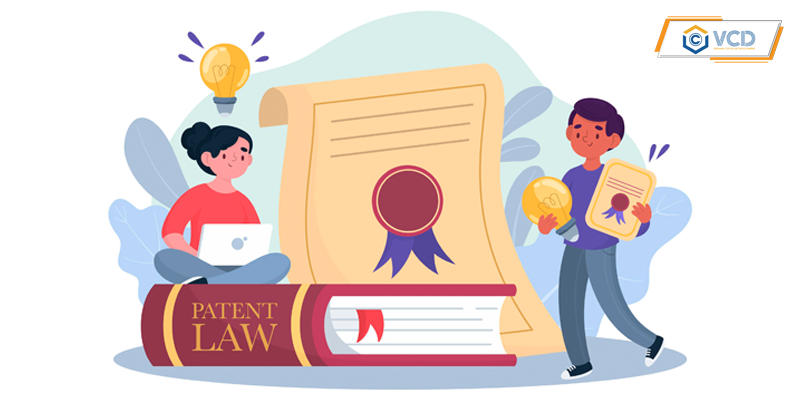Are architectural design drawings protected by copyright?
Architectural design drawings not only serve as technical documents for construction but also represent the intellectual creations of architects and design firms. So, are architectural design drawings protected by copyright, and what does Vietnamese law stipulate regarding this? This article will help you answer this question and highlight important points to note.
What are architectural design drawings?
Architectural design drawings are a collection of drawings that express the ideas, spatial solutions, forms, structures, functions, and aesthetics of a construction project. They are creative products formed during the intellectual work of architects or design consulting firms.
Essentially, architectural design drawings can include:
- Overall site plan, floor plans
- Building elevations, cross-sections
- Perspective drawings, 3D simulations
- Basic design documents, technical design documents, construction drawings
Each drawing not only shows technical specifications but also reflects the unique creative imprint of the designer. This creative element is the basis for considering copyright protection for architectural design drawings.

Are architectural design drawings protected by copyright?
According to Vietnam’s Intellectual Property Law, copyright is protected for works created directly by individuals or organizations through intellectual labor and expressed in a certain physical form, regardless of the purpose of use, value, or form of expression of the work. This principle applies generally to all creative fields, including architecture and construction. Specifically, Article 14 of the 2022 Intellectual Property Law clearly stipulates the types of works protected by copyright, including: “Architectural works; drawings, diagrams, maps, designs related to architecture and construction…”.
Architectural design drawings are identified as a form of architectural work and technical graphic work, and therefore fall within the scope of copyright protection. Copyright automatically arises as soon as the drawing is completed and presented in a specific form such as a paper drawing, technical design file, CAD drawing, 3D model, or electronic design document, regardless of registration or publication.
Thus, architectural design drawings are fully protected by copyright under Vietnamese law, and correctly understanding and applying this regulation will help individuals and organizations in the architecture and construction field proactively protect their legitimate rights, minimize the risk of disputes, and enhance the legal value of design documents.
Scope of copyright protection for architectural design drawings
When protected by copyright, architectural design drawings are not only legally recognized but also comprehensively protected in terms of both personal and property rights. This is an important basis for authors and copyright owners to control the use, exploitation, and protection of the creative value of the drawings in practice.
The author’s personal rights
Personal rights are those rights directly associated with the individual author – the person who directly created the design drawing. According to the law, the author of architectural design drawings has the following personal rights:
- To name the work
- To use their real name or pseudonym on the drawing
- To publish or allow others to publish the work
- To protect the integrity of the drawing, preventing others from modifying, cutting, or distorting the design content
Note: Except for the right to publish, the above-mentioned personal rights are protected indefinitely by law, even after the protection period of the property rights has expired.
Property rights over design drawings
Besides personal rights, property rights are a group of rights associated with the economic exploitation potential of design drawings. The copyright holder of architectural design drawings (who may be the author or an organization/individual to whom the rights have been transferred) has the following rights:
- Copying the drawings
- Distributing, transferring, and leasing the drawings
- Permitting the use of the drawings for construction
- Commercially exploiting the design drawings
Note: The protection period for property rights in architectural works lasts for the author’s lifetime and 50 years after the author’s death.
The above article answers the question “Are architectural design drawings protected by copyright?”. Hopefully, this information will help individuals and organizations minimize the risk of disputes and effectively protect the creative value in architectural and construction activities.
Sincerely,
FAQ
Copyright includes the author’s moral rights (such as naming, having one’s name on the drawing, and protecting the integrity of the work) and the owner’s property rights (such as copying, using, transferring, and commercially exploiting the drawing).
Registering copyright helps create clear legal evidence in case of disputes, easily proves ownership, limits unauthorized copying, and enhances the legal value of the design documents.



















